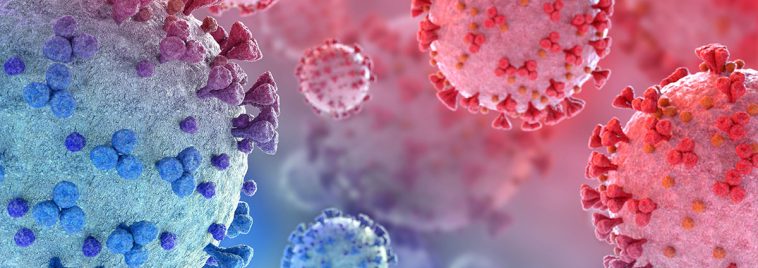Recent studies have confirmed scientists’ suspicions of a dual connection between type 2 diabetes and “long-COVID” or “post-COVID syndrome.” There seems to be proof that hypoglycemic patients are more susceptible to long-lasting symptoms of “post-COVID syndrome.” Furthermore, previously non-diabetic patients who exhibit long-COVID symptoms have an increased chance of developing type 2 diabetes.
Read on to find out more.
Type 2 Diabetes as a Cause of Long-COVID
A study published in the Cell journal examined 210 people to assess the risk factors connected to developing “long-COVID.” All the participants had recovered from COVID but were suffering from “long-COVID” symptoms up to three months after contracting the virus. The researchers concluded that four risk factors could have triggered the “long-COVID” symptoms. Namely, a diagnosis of type 2 diabetes, the genetic residue of the COVID-19 virus, an activated Epstein-Barr virus, and the existence of autoimmune bodies in the bloodstream. About 95% of the participants who had one of these three risk factors at the time of their infection experienced at least three “post-COVID syndrome” symptoms.
Type 2 Diabetes as an Effect of Long-COVID
COVID-19 causes a severe hormone imbalance, which results in significant damage to the pancreas so that the body can’t process insulin. A study from May 2021 revealed that from 551 participants who showed no prior signs of hypoglycemia, 46% became diabetic following their COVID-19 recovery. The study followed their post-recovery journey and found that the affected participants remained diabetic for up to six months. This is due to how the immune system responds when the body is under viral attack. The reaction can be so intense that it strains the pancreas, disrupting blood sugar levels.
Health Implications for the Future
While researchers believe “long-COVID” is linked to several health conditions, it’s now clear that hypoglycemic patients are at a higher risk. Similarly, non-diabetic individuals exhibiting signs of “long-COVID” are more likely to develop type 2 diabetes in the future.
With the rapid advance of medicine, this information could be invaluable in developing new diabetes prevention measures.



